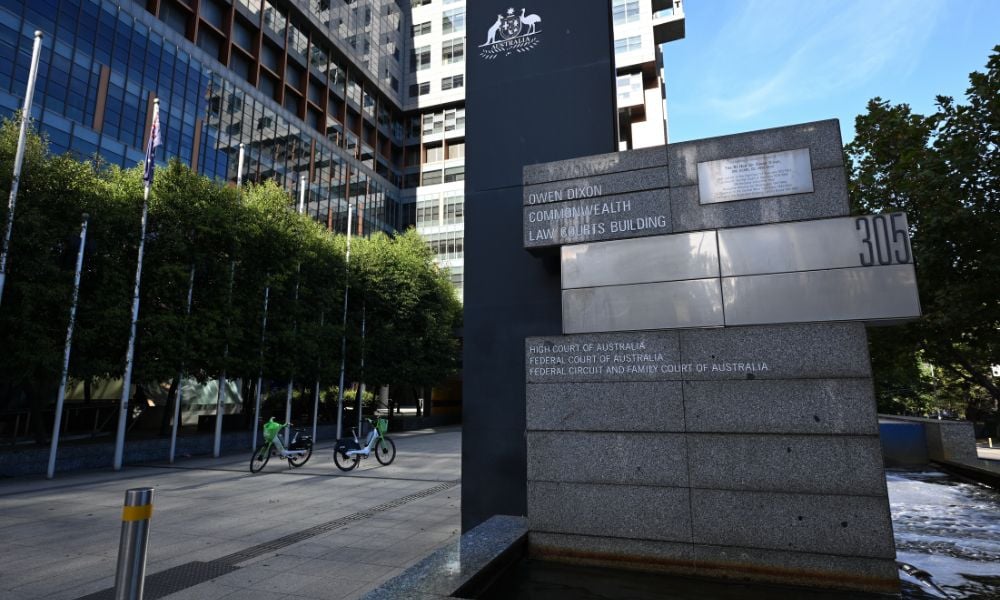
Ruling disagrees that receivers' breaches prevented access to funds for legal expenses

Australia’s Federal Court has refused permission to appeal upon finding that an applicant lacked a genuine intention to prosecute and failed to comply with its directions multiple times or appear at a stay application and two case management hearings.
In Fullarton v Australian Securities and Investments Commission, [2025] FCA 585, the applicant was the 15th defendant in the underlying proceedings. On 22 October 2024, orders appointed receivers over her property.
The applicant applied for leave to appeal the 22 October 2024 orders, with the application set for hearing on 12 August 2025 before Justices Kylie Downes, Nye Perram, and Roger Derrington.
On 18 December 2024, Downes ordered the applicant to give written submissions for her stay application by 4 February 2025. Downes later granted the applicant’s request to extend that date to 3 March 2025.
On 16 April 2025, the court registrar ordered the applicant to submit a draft index to Part A of the application book by 23 April 2025. On 16 May 2025, Justice Perram granted an extension and directed the applicant to provide the Part A draft index by 29 May 2025.
On 3 June 2025, after a scheduled case management hearing had started, the applicant’s husband sent Downes’ associate an email advising that he could not log in to Microsoft Teams and that his wife wanted to extend the time to submit the Part A index until 30 June 2025.
The respondent applied to dismiss the application seeking leave to appeal. The respondent also requested costs.
Justice Downes of the Federal Court of Australia deemed it appropriate to grant the respondent’s requested orders. Thus, the court dismissed the application for leave to appeal and directed the applicant to pay the respondent’s application costs.
Downes found that the applicant failed to:
Downes concluded that the applicant knew the steps taken in this proceeding, the hearings she did not attend, and the orders and directions issued that she failed to fulfill.
In reaching this conclusion, Downes considered the affidavit material and the emails exchanged with her chambers, her associates, and the respondent’s solicitors. Downes noted that the applicant and her husband communicated with the solicitors on 3 February 2025, 24 March 2025, and 14 May 2025.
Downes treated the content of the husband’s 3 June 2025 email as the applicant’s submissions. However, Downes afforded little weight to the email’s statements since they lacked support in the affidavit material and came from the husband, not the applicant.
Downes ruled that the 3 June 2025 email did not provide sufficient reasons to merit another extension of time for submitting the Part A index or an adequate explanation for why the applicant had failed to comply with prior court orders.
Downes noted that the 3 June 2025 email suggested that the applicant could not access money to hire lawyers to prepare for her leave application because the receivers breached orders and failed to provide access to funds.
Downes rejected this assertion since it contradicted the respondent’s affidavit material, including an email from the receivers’ solicitors. Based on this email, Downes determined that the applicant’s failure to reply to the receivers’ queries appeared to prevent her from accessing funds.
Downes added that the applicant did not seem eager to progress her leave application. Downes noted that the applicant had not made any request to access funds since November 2024.